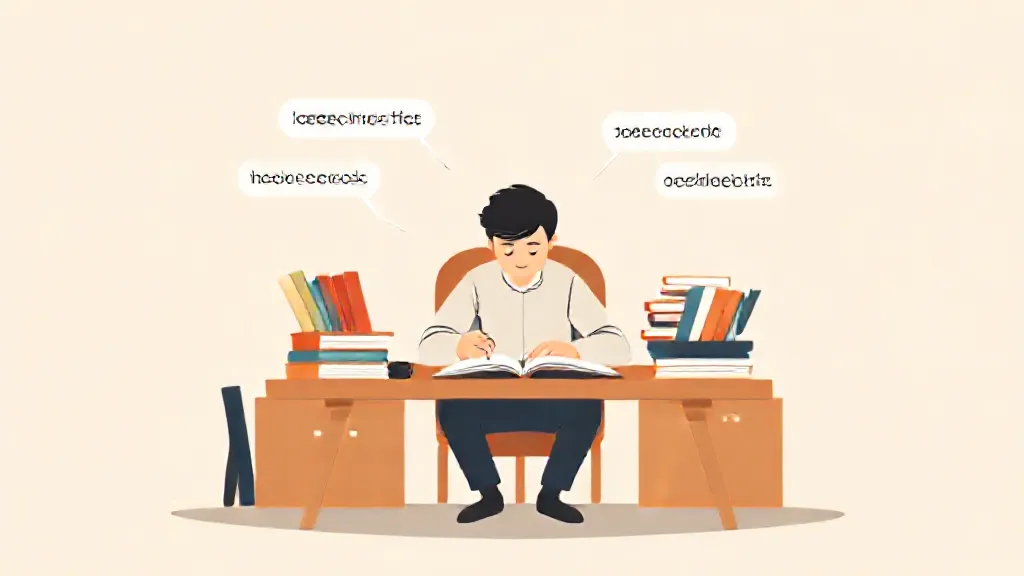Complex sentences are essential tools in effective communication, particularly in writing. They allow for the expression of intricate ideas and relationships between concepts, enabling writers to convey nuanced meanings that simple sentences cannot achieve. By incorporating dependent clauses, complex sentences provide depth and clarity, which enhances the overall expression and engagement of the reader.
The Structure and Function of Complex Sentences
At the core of a complex sentence is its structure, which includes an independent clause and one or more dependent clauses. An independent clause can stand alone as a complete thought, while a dependent clause cannot. For example, in the sentence "Although it was raining, we decided to go for a walk," "we decided to go for a walk" is the independent clause, and "Although it was raining" is the dependent clause.
This structure allows writers to connect ideas logically, showing cause and effect, contrast, or additional information, which enriches the reader's understanding.
The Impact of Complex Sentences on Clarity and Nuance
One of the primary benefits of using complex sentences is their ability to clarify complex ideas. In academic writing, for instance, a simple sentence might state a fact, but a complex sentence can provide context or explanation.
For example, "The experiment was successful" becomes "The experiment was successful because the variables were controlled effectively." This transformation not only conveys the same information but also explains why the success occurred, thereby enhancing the reader's comprehension.
Complex Sentences in Persuasive Writing
In persuasive writing, complex sentences can be particularly powerful.
They allow the writer to present arguments more convincingly by linking evidence to claims. For example, "The new policy will benefit the community, as it promotes sustainable practices" connects the policy's benefits directly to its implications. Such connections strengthen the argument, making it more compelling and easier for readers to follow the writer's line of reasoning.
The Role of Complex Sentences in Creative Writing
In creative writing, complex sentences contribute to the development of themes and character depth. Authors often use them to convey characters' thoughts and emotions, as seen in literature where a character's internal conflict is expressed through complex structures. For example, "While she felt a deep sense of loss, she also recognized that moving on was necessary for her growth" illustrates the character's struggle in a nuanced way, allowing readers to empathize with her situation.
Teaching Complex Sentences in Education
Educators play a crucial role in teaching students the value of complex sentences. By introducing students to various sentence structures, teachers can help them develop their writing skills. Activities such as sentence combining, where students take simple sentences and transform them into complex ones, can enhance their understanding and application of these structures.
This practice not only improves writing quality but also fosters critical thinking as students learn to connect ideas logically.
Historical Perspectives on Sentence Complexity
Historically, the use of complex sentences has evolved alongside language itself. In classical literature, such as the works of Shakespeare or the essays of Montaigne, complex sentences were prevalent, showcasing the sophistication of thought and expression.
The ability to weave intricate ideas into a cohesive narrative is a hallmark of great writing, and understanding this historical context can inspire modern writers to appreciate and utilize complex sentences in their work.
Resources for Further Exploration
For those interested in deepening their understanding of complex sentences, numerous resources are available. Books on grammar and style, such as "The Elements of Style" by Strunk and White, provide insights into effective sentence construction.
Online platforms, including educational websites and writing workshops, offer exercises and examples that can help writers practice and refine their skills in using complex sentences effectively.
Conclusion: Embracing Complexity in Writing
In conclusion, complex sentences are invaluable in enhancing expression and communication in writing. They enable writers to convey detailed ideas, engage readers more effectively, and develop a richer narrative.
By understanding and mastering the use of complex sentences, individuals can significantly improve their writing skills, allowing for clearer expression and deeper connections with their audience. Embracing complexity in writing ultimately leads to more effective communication and a greater appreciation for the art of language.
